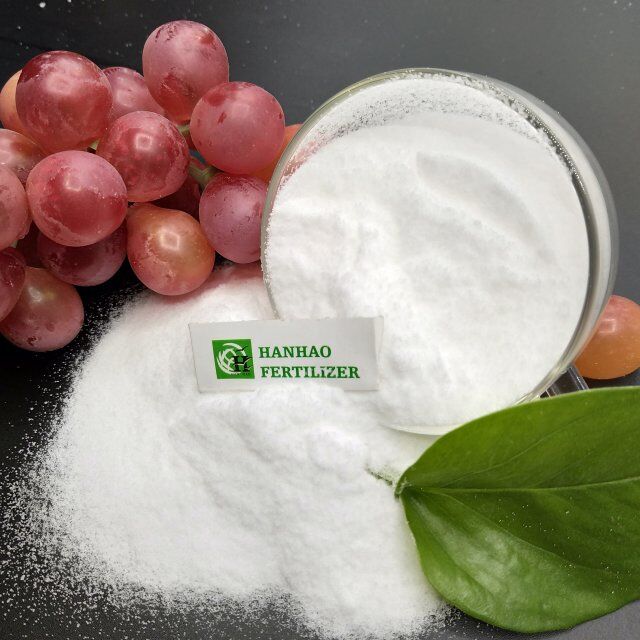
Dec . 10, 2024 05:47 Back to list
NPK Fertilizer Composition Analysis for Optimal Plant Growth and Crop Yield Enhancement
Understanding NPK The Essential Nutrients for Plant Growth
The term NPK refers to the three essential nutrients that are crucial for plant growth and development Nitrogen (N), Phosphorus (P), and Potassium (K). These three elements play distinct yet complementary roles in plant metabolism and overall health. Understanding their significance is vital for gardeners, farmers, and anyone involved in agriculture.
Nitrogen The Growth Promoter
Nitrogen is a fundamental component of amino acids, which are the building blocks of proteins. It plays a pivotal role in the synthesis of chlorophyll, the green pigment responsible for photosynthesis. Without adequate nitrogen, plants exhibit stunted growth, yellowing of leaves (a condition known as chlorosis), and reduced yield. Consequently, nitrogen is often the nutrient that is most frequently deficient in soils.
In agricultural practices, nitrogen is typically provided through fertilizers, which can be either synthetic or organic. Synthetic fertilizers often contain urea or ammonium compounds, whereas organic options might include compost, manure, and legumes that fix atmospheric nitrogen in the soil. Regardless of the source, it's essential to apply nitrogen judiciously because excessive use can lead to nutrient runoff, environmental pollution, and damage to aquatic ecosystems.
.
Phosphorus is another critical nutrient, primarily associated with energy transfer within plants. It is a key component of ATP (adenosine triphosphate), the energy currency of the cell. Additionally, phosphorus plays a significant role in root development, flowering, and seed production. Well-established roots improve water and nutrient uptake, leading to healthier plants.
npk 13.00 45

A deficiency in phosphorus can lead to dark green or purplish leaves and poor root development, greatly affecting a plant's ability to thrive. Phosphorus is typically supplied in the form of phosphate fertilizers, which can be either mined from phosphate rock or produced synthetically. While phosphorus is essential, care must be taken to avoid excessive application, as it can result in runoff that contributes to water quality issues.
Potassium The Regulator of Metabolic Functions
Potassium, the third element in NPK, is known as the regulator of various physiological processes in plants. It is vital for enzyme activation, osmoregulation, and the synthesis of proteins and starches. Potassium enhances a plant's ability to withstand stresses such as drought and disease, making it crucial for overall plant resilience.
Symptoms of potassium deficiency include yellowing of leaf edges, wilting, and susceptibility to diseases. To supply potassium, farmers and gardeners can use potassium chloride or potassium sulfate, both of which are readily available in various fertilizer formulations. As with nitrogen and phosphorus, monitoring potassium levels is important to avoid imbalances in soil nutrient composition.
The Balance of NPK
While each nutrient is essential on its own, the balance of NPK is critical for optimal plant health. An imbalance—whether too much of one nutrient or a deficiency in another—can lead to suboptimal growth and development. Therefore, soil testing is a recommended practice for anyone looking to cultivate plants successfully. By understanding the specific nutrient requirements of various plants and adjusting fertilization accordingly, we can create an environment that promotes sustainability, productivity, and ecological balance.
In conclusion, NPK—comprising nitrogen, phosphorus, and potassium—is indispensable to plant growth. A comprehensive understanding of these nutrients allows us to cultivate healthier plants, enhance agricultural productivity, and contribute to sustainable practices. Whether you're a home gardener or a seasoned farmer, a focus on NPK will help optimize plant health and ensure robust yields for years to come.
-
10 10 10 Fertilizer Organic—Balanced NPK for All Plants
NewsJul.30,2025
-
Premium 10 10 10 Fertilizer Organic for Balanced Plant Growth
NewsJul.29,2025
-
Premium 10 10 10 Fertilizer Organic for Balanced Plant Growth
NewsJul.29,2025
-
Premium 10 10 10 Fertilizer Organic for Balanced Plant Growth
NewsJul.29,2025
-
50 Pound Bags of 13-13-13 Fertilizer for All Plants – Bulk & Organic Options
NewsJul.28,2025
-
High-Efficiency 15-30-15 Granular Fertilizer for Healthy Crops
NewsJul.28,2025
